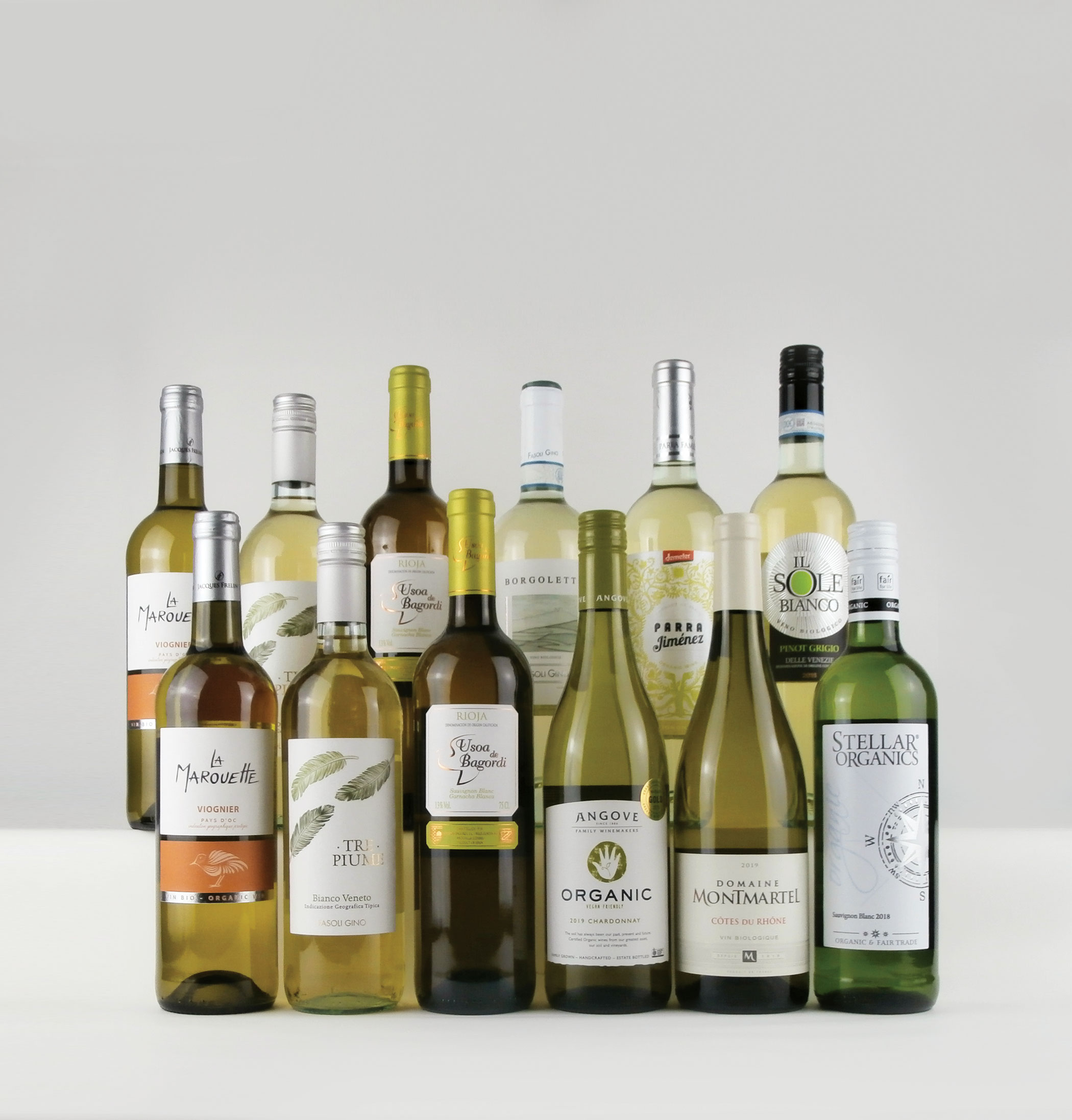This website uses cookies to improve your experience. We'll assume you're ok with this, but you can opt-out if you wish. Cookie settingsAccept
Privacy & Cookies Policy
Privacy Overview
This website uses cookies to improve your experience while you navigate through the website. Out of these cookies, the cookies that are categorised as necessary are stored on your browser as they are essential for the working of basic functionalities of the website. We also use third-party cookies that help us analyse and understand how you use this website. These cookies will be stored in your browser only with your consent. You also have the option to opt-out of these cookies. But opting out of some of these cookies may have an effect on your browsing experience. Find out more here.
Necessary cookies are absolutely essential for the website to function properly. This category only includes cookies that ensures basic functionalities and security features of the website. These cookies do not store any personal information.
Any cookies that may not be particularly necessary for the website to function and is used specifically to collect user personal data via analytics, ads, other embedded contents are termed as non-necessary cookies. It is mandatory to procure user consent prior to running these cookies on your website.



What’s different about organic wines?
Veo Wines are an environmentally conscious company. We were formed from a desire to offer great, planet-friendly products to people who care about the planet the way we do. We only sell organic wines, but that’s not the only reason why we think you should be drinking it.
After the industrial revolution, we basked in an opportunity to make large sums of money, with little or no knowledge of how this would impact the environment. Now, we’re in the middle of an environmental revolution. It started with recycling in the nineties and continued. Today, millions of people worldwide are choosing to make choices that are healthier for the planet. Often, these choices are good for our personal health, too.
An increase in desire for organically farmed produce is part of this transition. Organic products used to be reasonably expensive, but, as with anything that becomes abundantly available, prices are now coming down. The cheaper it gets, the more people sign up to it. It’s an endless circle of planet positivity, and we love it.
If you’re wondering why you should shift from traditional wine to organic, here are our top 3 reasons.
Organic wine tastes better
According to studies, organic wine tastes better than traditional wine. An article called ‘Does Organic Wine Taste better?’ and published in the Journal of Wine Economics found organic wines scored higher in taste tests than traditional wines.
Experts suggest that this is because organic fruit growers take more time with their grapes. They give them more attention, care more about their vines, work manually to protect them from mildew, and harvest at a specific time. Studies show that organic grapes have lower yields, which means a more flavourful burst when you pop that beauty and turn it into wine.
Organic wine contains less nasties
In order for a wine to be certified organic, it must be made from organically grown grapes, which means they were not laced with pesticides or synthetics in the vineyard.
But it doesn’t stop there. At the winery, wine-makers can add only minimal sulphites, and are not permitted to add any non-organic elements as part of the crushing, fermentation, ageing or bottling process.
Sulphites are used to preserve wine for longer periods of time, and are a natural part of the wine-making process. There is some unwarranted concern that sulphites in wine cause hangovers, which seems like a silly suggestion, since you’d ingest seven times more sulphite from eating dried apricots than you would drinking wine.
In any case, sulphites are added to organic wine at a much lower rate than they are their non-organic counterparts, and average 30 – 50% lower in sulphites generally. This means they’re likely to be more suitable for people who are slightly allergic or intolerant to wine, such as those with asthma, migraine, and respiratory issues. We’d still advise you to be cautious, of course.
Sulphites aren’t the only omission in organic wines. They also contain fewer colouring and flavouring agents, such as malic acid and caramel. That means what you’re tasting is not artificial, it’s just good wine.
Despite costing more to produce, they’re not as expensive as you might think
It’s more expensive to produce organic wine because organic growers have lower yields. They save money on synthetic pesticides, but growing organic grapes takes more manpower as a result. Traditional grape growers manage to grow 50 hectolitres per hectare, but organic growers only achieve 40 – 45 hectolitres.
Organic wines have a reputation for being expensive (though we sell bottles for as little as £6.95!), and finding evidence to back up or debunk that theory is difficult.
What we do know is that most people are not wine experts. When given a bottle of expensive and inexpensive wine to try, most people can’t tell the difference. That being said, wine experts at The Organic Wine Seller conclude that quality wine starts at $15 Australian dollars a bottle, which is about £8.50. Anything below that and you’re risking ickiness. That being said, they do note that Australia has the climate to produce quality, inexpensive wines. In colder countries, the cost of growing grapes is going to be more expensive.
Like traditional wines, you can find expensive and inexpensive organic wines, but most experts agree that no matter how much you pay, you get what you pay for. Personally, we think our organic wines are great, even the cheaper ones.
Thinking of trying organic wine? Our premixed cases start at £89.99 and contain wine-rack essentials, or you can mix your own case.